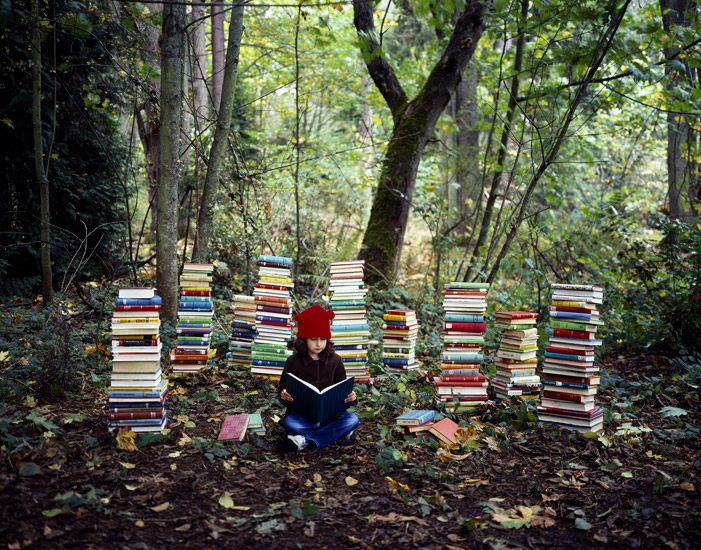Reading
'The more that you read, the more things you will know.
The more that you learn, the more places you'll go.'
Intent of our Reading Curriculum
- to provide children with the skills, knowledge and strategies to become fluent readers
- to increase children's understanding and use of rich vocabulary
- to enable children to understand, analyse and evaluate information to inform their own ideas and opinions
- to enable children to foster a life-long love of reading
Implementation of Our Reading Curriculum
Guided reading across the school uses carefully planned and sequenced Guided Reading lesson using The Literary Curriculum.
Early Years and Keys Stage One: on a daily basis
- books are read at a level beyond children's reading stage as part of Guided Reading as a whole class
- adults share a wide range of books with pupils and model good reading practice
- systematic phonics lessons to teach the sounds required to blend simple words
- systematic teaching of 'tricky' words to build sight vocabulary
- reading books are matched to the child's phonic stage
- reading books shared at home are at an easier level to allow children to practice fluency and phrasing
- books are shared in small guided groups, to practice comprehension skills
- authors are introduced and studied each half term to start the process of recognising author 'style'
- children access the Woodland Library to select and borrow from a range of high quality texts
- some children have a 'reading buddy' from Beech or Oak Class to share books with on a weekly basis
Key Stage 2
- books are read as a whole class, at a level possibly beyond children's reading stage in Guided Reading
- pupils develop increased reading fluency and begin to explore more substantial texts
- pupils are encouraged to engage with a variety of authors/genres to develop analytical skills and build personal preferences
- pupils have the opportunity to review orally and in writing the books they have read
- whole class texts, read by adults, are used to further develop comprehension skills and analysis
- increased opportunities to read to larger, varied audiences to develop their intonation and fluency
- children have a 'reading buddy' from Willow Class to 'read to' on a weekly basis
- the children have access to a range of texts to take home to read matched to their reading ability
- children access the Woodland Library to select and borrow from a range of high quality texts
Reading Buddies
We are fortunate to have volunteer reading buddies, who are partnered with specific children across the school. This provides children with extra support, exposure to reading and the opportunity to discuss texts on a 1:1 basis.
Reading at Home
“Children are made readers on the laps of their parents.” ― Emilie Buchwald
10 reasons to read at home:
- it provides a quite moment to connect with your child
- improves concentration
- improves working memory
- develops and expands vocabulary
- exercises the brain
- boosts critical thinking
- enhances imagination
- children can learn about the wider world
- develops empathy
- improves academic attainment
Daily reading with a child will have the greatest impact, and parents and carers play an important role in this. To spend 15 minutes with each child in a class would take up to 5 hours and 45 minutes!
Reading at home must be pleasurable. We send home books we know match children's ability, to ensure there are no 'struggles'. Reading to children is also very important. As children get older and read more freely, why not read the same book as your child and create a 'Book Club' - with regular meetings to discuss characters, plot or information.
If you personally struggle with reading please do let us know. This will be important in terms of us supporting you and your child/ren.
Impact of Our Reading Curriculum
The impact of our reading curriculum can be seen in children's attitudes to reading and sharing texts, engagement with home reading, knowledge and interest in authors and genres, book discussions, parent voice, monitoring and pupil outcomes in National Tests.

